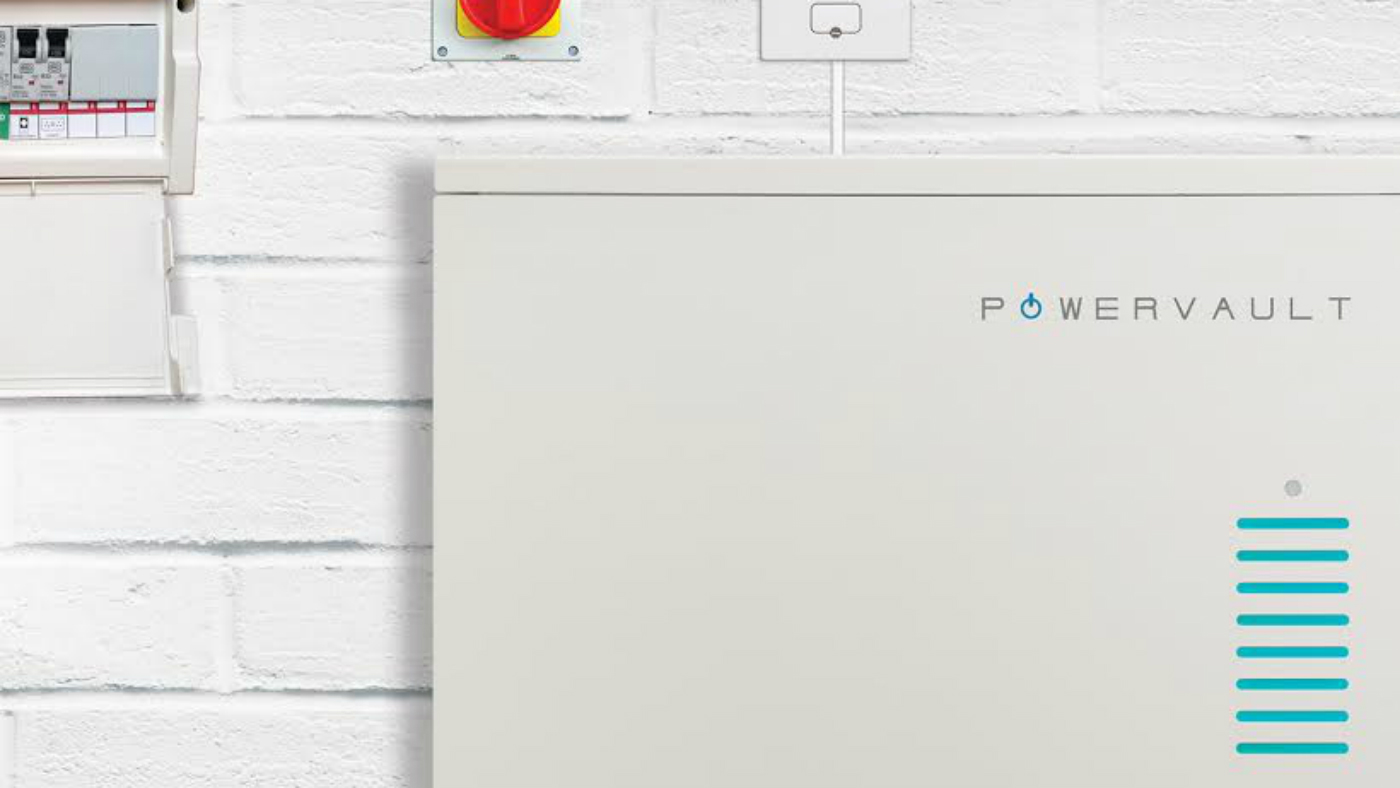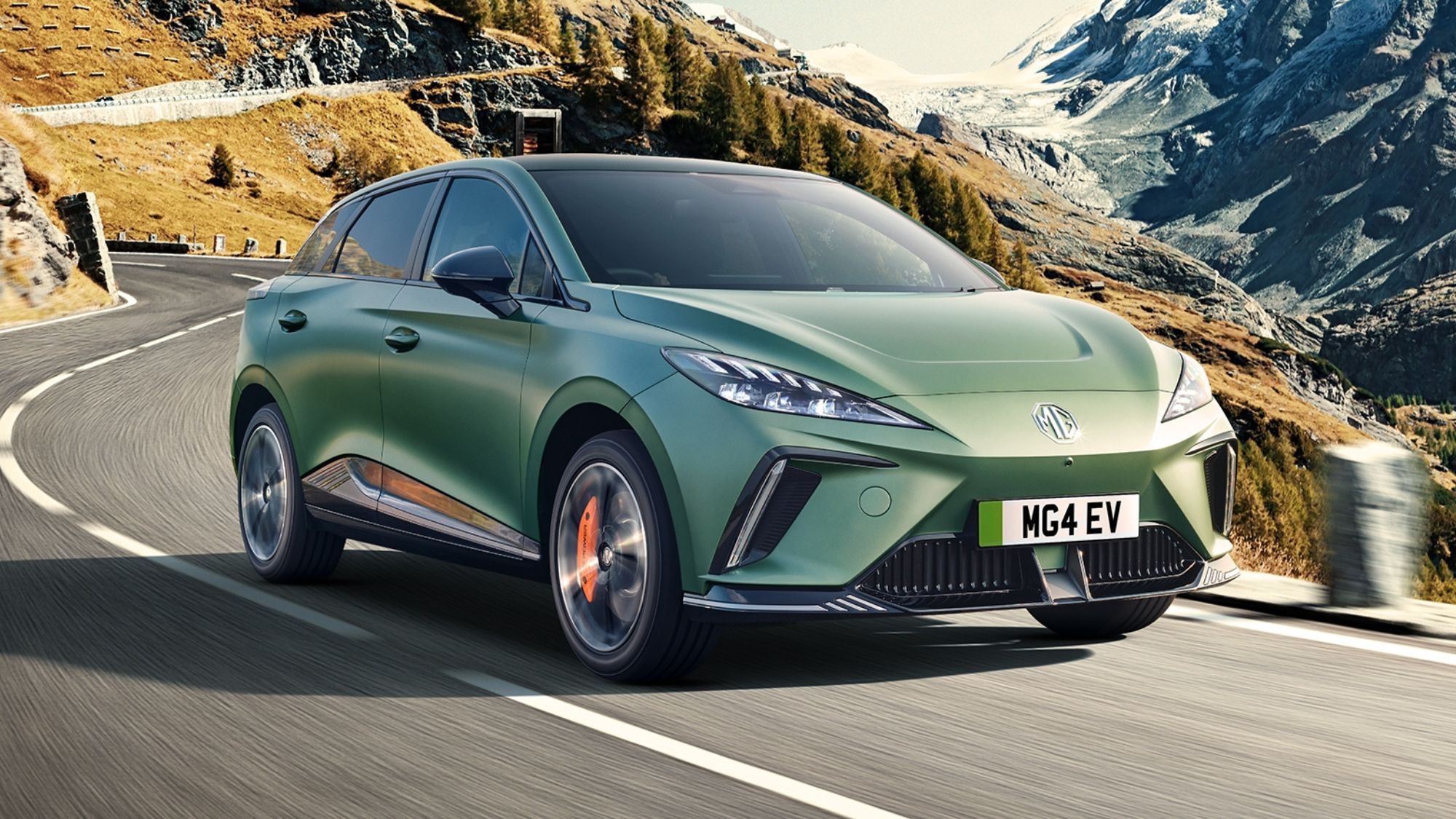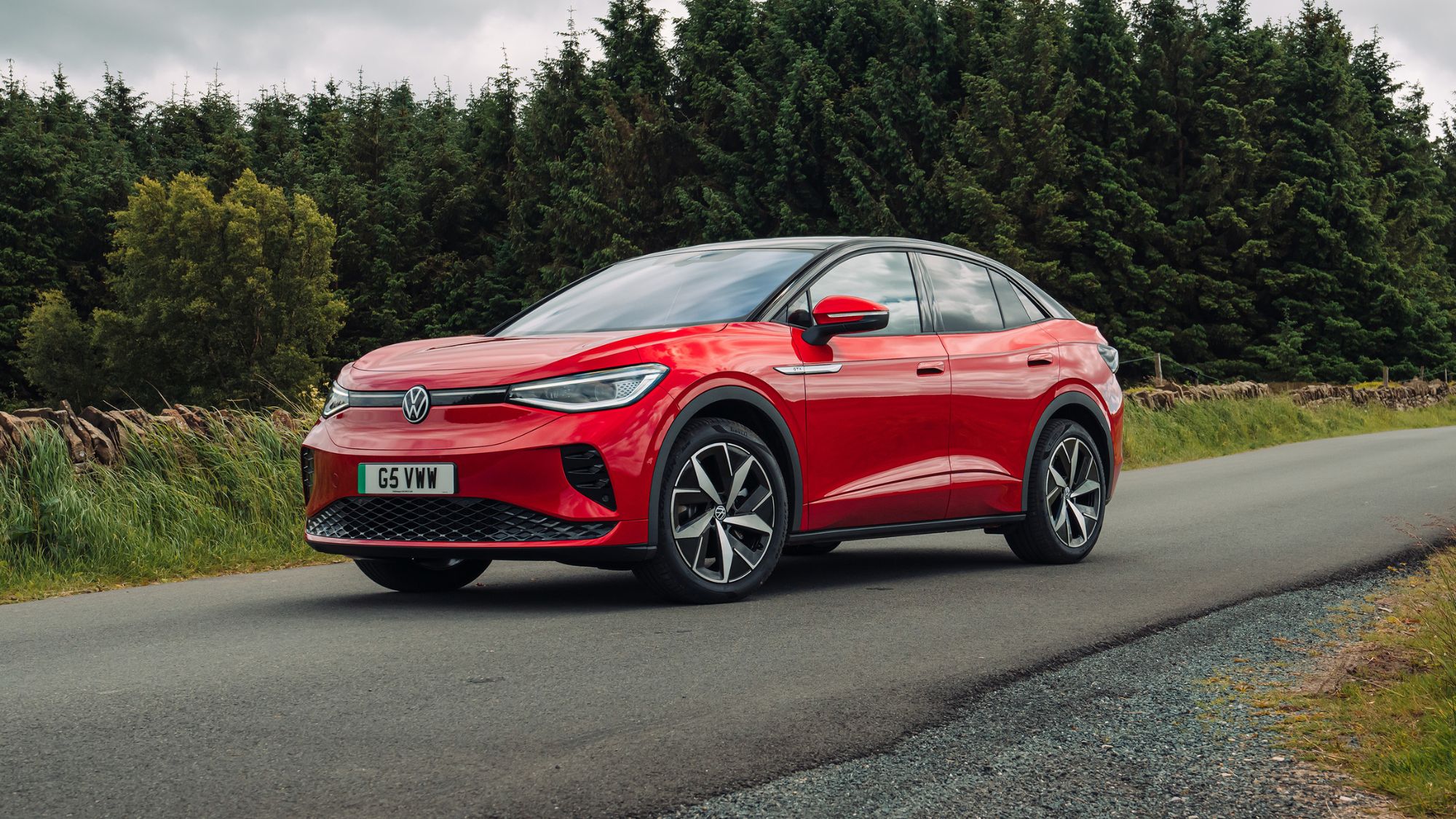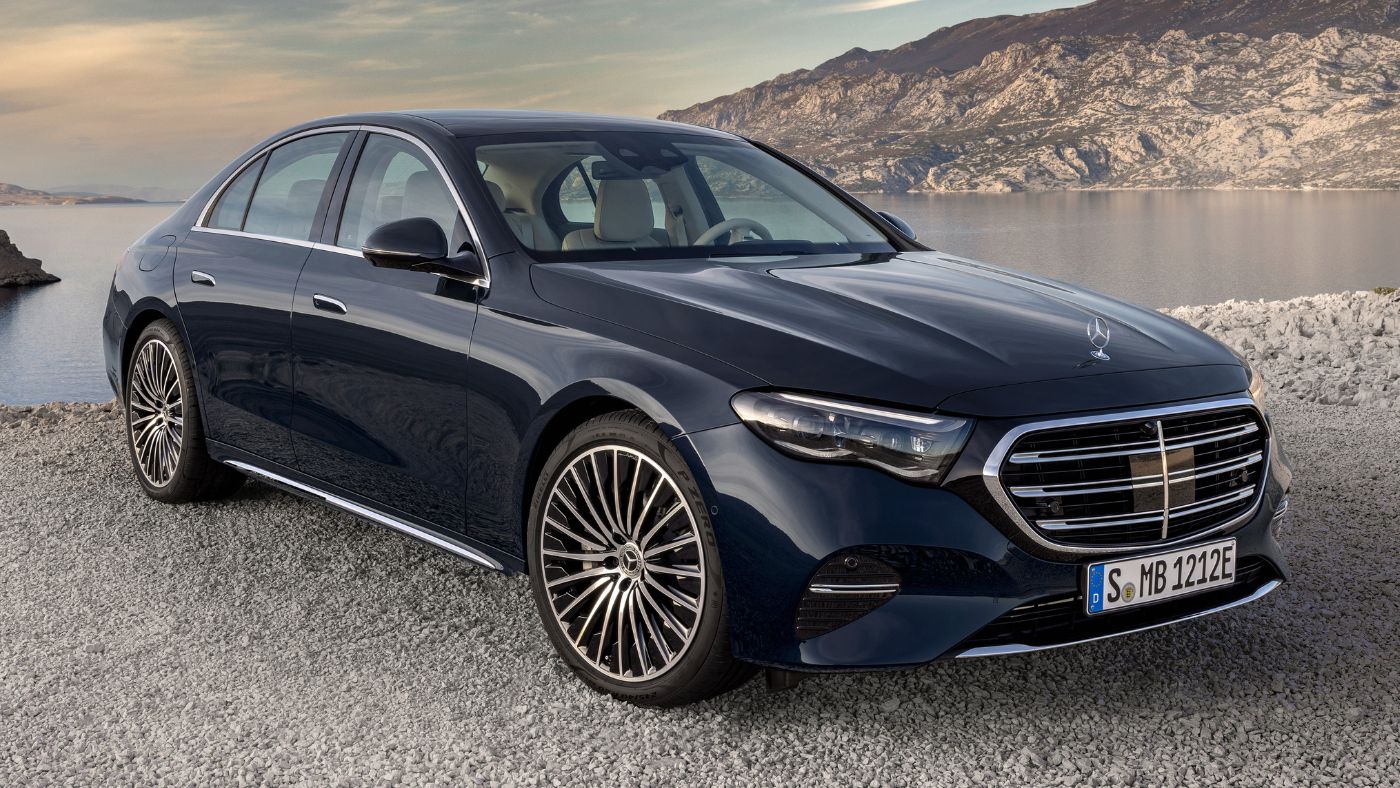Renault announces electric car battery recycling scheme
Carmaker teams up with Powervault to power domestic storage systems from old cells

A free daily email with the biggest news stories of the day – and the best features from TheWeek.com
You are now subscribed
Your newsletter sign-up was successful
Renault has announced a new recycling scheme aimed at reusing batteries from old electric vehicles to power home electrical storage systems.
A trial of the system in partnership with electric storage firm Powervault will be held next month. AutoExpress reports it will place "50 energy storage units powered by second hand electric car batteries in households with solar panels".
"The tests will explore how well the old batteries perform," adds the magazine, as well as evaluate whether the recycled units are "realistic enough for a mass market roll-out."
The Week
Escape your echo chamber. Get the facts behind the news, plus analysis from multiple perspectives.

Sign up for The Week's Free Newsletters
From our morning news briefing to a weekly Good News Newsletter, get the best of The Week delivered directly to your inbox.
From our morning news briefing to a weekly Good News Newsletter, get the best of The Week delivered directly to your inbox.
It is hoped the scheme will double the life of car batteries and reduce the cost of home electricity storage systems by around 30 per cent.
According to Autocar, the battery packs allow customers "to store energy" generated by their solar panels and charge the units "at off-peak grid times".
Users can use electricity collected by their solar panels at times "when the cost may be higher to use electricity straight from the grid", the mag adds.
Renault claims recycling the batteries could add an additional ten years to their lifespans, which currently average eight to ten years in electric vehicles.
A free daily email with the biggest news stories of the day – and the best features from TheWeek.com
The scheme follows Mercedes' announcement of a rival to Tesla's Powerwall 2 home battery storage, which is due to go on sale to residents in California later this year.
The system costs $13,000 (£10,000) "fully installed", reports ArsTechnica, including "the battery, an inverter, professional installation, permitting, and a consultation… to design the system".
-
 The ‘ravenous’ demand for Cornish minerals
The ‘ravenous’ demand for Cornish mineralsUnder the Radar Growing need for critical minerals to power tech has intensified ‘appetite’ for lithium, which could be a ‘huge boon’ for local economy
-
 Why are election experts taking Trump’s midterm threats seriously?
Why are election experts taking Trump’s midterm threats seriously?IN THE SPOTLIGHT As the president muses about polling place deployments and a centralized electoral system aimed at one-party control, lawmakers are taking this administration at its word
-
 ‘Restaurateurs have become millionaires’
‘Restaurateurs have become millionaires’Instant Opinion Opinion, comment and editorials of the day
-
 BMW iX3: a ‘revolution’ for the German car brand
BMW iX3: a ‘revolution’ for the German car brandThe Week Recommends The electric SUV promises a ‘great balance between ride comfort and driving fun’
-
 The best new cars for 2026
The best new cars for 2026The Week Recommends From SUVs to swish electrics, see what this year has to offer on the roads
-
 Are plug-in hybrids better for America's climate goals?
Are plug-in hybrids better for America's climate goals?Talking Points The car industry considers a 'slower, but more plausible path' to reducing emissions
-
 EV market slowdown: a bump in the road for Tesla?
EV market slowdown: a bump in the road for Tesla?Talking Points The electric vehicle market has stalled – with worrying consequences for carmakers
-
 The week's good news: Dec. 14, 2023
The week's good news: Dec. 14, 2023Feature It wasn't all bad!
-
 MG4 EV XPower review: what the car critics say
MG4 EV XPower review: what the car critics sayFeature The XPower just 'isn't as much fun' as a regular MG4
-
 Volkswagen ID.5 review: what the car critics say
Volkswagen ID.5 review: what the car critics sayFeature The ID.4's 'sportier, more stylish twin' – but 'don't believe the hype'
-
 Mercedes-Benz E-class review: what the car critics say
Mercedes-Benz E-class review: what the car critics sayThe Week Recommends The 11th generation E-class delivers a polished drive and features a spacious interior packed with tech